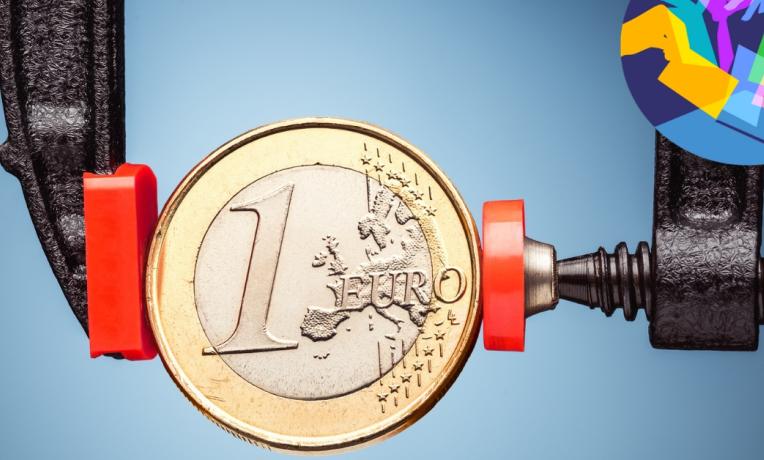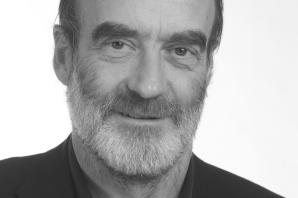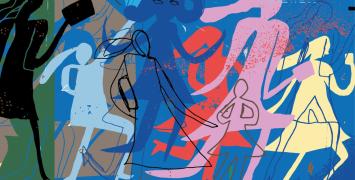The Great Recession and political conflict in Europe
ELECTION SERIES #4
The EU-funded POLCON project aims to understand the impact that the Great Recession has had on the development of political conflict in Europe.

In the autumn of 2008, Lehman Brothers went bankrupt and the dominoes that made up our global economic order began to fall. The result was the decade-long economic crisis known as the Great Recession.
Although much of our post-crisis analysis has focused on the economic fallout of the Great Recession, little thought has been given to its political repercussions. But this could be where the real impact is felt, with some observers even wondering whether or not democracy itself can survive its grave economic consequences.
The EU-funded POLCON (Political Conflict in Europe in the Shadow of the Great Recession) project is studying the structuration of political conflict in Europe, based on an analysis of political contestation in the electoral arena, the protest arena and in issue-specific public interactions. The key question being asked is whether the Great Recession and its consequences are changing the long-term trends in the development of political conflict in Europe?
“Our overall guiding hypothesis is that the unfolding of the Great Recession has far-reaching consequences for the development of political conflicts in Europe, which contribute to a fundamental transformation – or realignment – of the traditional political forces,” says Project Coordinator Hanspeter Kriesi.
Regional differences
To accomplish this, the project is comparing the pre- and post-crisis periods in 27 EU Member States plus Iceland, Norway and Switzerland.
The first step is to gain a broad assessment of the political consequences of the crisis in both the electoral and protest arenas, as well as the relationship between the two. To assess the broad patterns of change in these two arenas, researchers are relying on secondary analysis of the existing data sets and on an innovative, semi-automated protest event analysis based on international news wires.
Although research continues, several interesting insights have already been gained, particularly as to how the recession impacted various regions differently. “In terms of electoral outcomes and the structuring of conflicts in the party system, the Great Recession has, at best, accentuated the long-term trends in north-western Europe, such as the inexorable rise of right-wing populist parties,” explains Kriesi. “In comparison, in southern Europe, it has had much more disruptive consequences, leading to the rise of left-wing populism and to the profound reconfiguration of party systems.”
According to POLCON research, in central and eastern Europe the Great Recession’s impact on electoral outcomes and party systems has been weak. “In this part of Europe, electoral volatility has decreased and, if anything, party systems that lacked institutionalisation have stabilised,” says Kriesi. “The driver of this reconfiguration of party systems is a political – not an economic – crisis.”
Kriesi adds that these electoral results have been confirmed by the project’s analysis of protest event data. “At least with respect to the overall magnitude of protest, the Great Recession did not seem to have any impact at all in northwest Europe,” he says. “By contrast, all southern European countries experienced a wave of protest during the euro crisis.”
Don’t jump to conclusions
These findings are important because they remind us that the Great Recession has not had the same impact across Europe. While the south has been hit very hard with important political consequences, the north-west and the east have hardly been affected at all in political terms. “The key takeaway is that we should not generalise too quickly and instead need to examine the political situation in each part of Europe in detail before we draw conclusions, says Kriesi.






